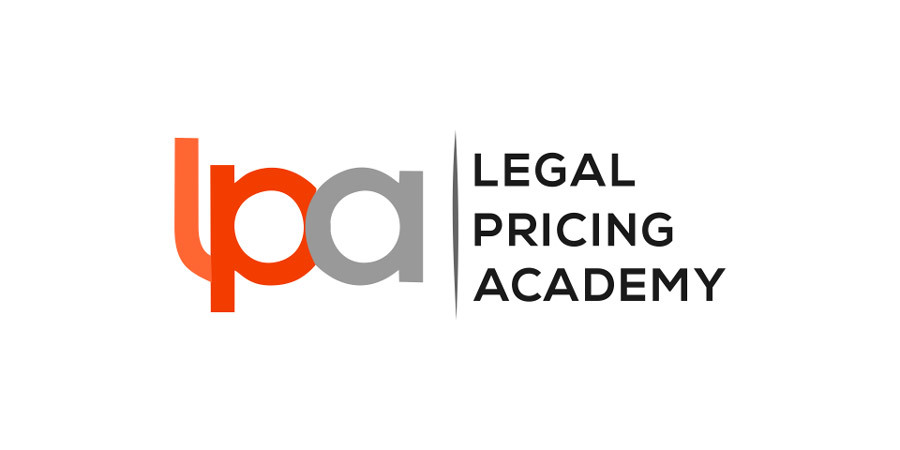Ask any private-practice lawyer and they will tell you that clients frequently aggravate their costs through their own conduct. The result is costs that are higher than they could have been, a disgruntled client and almost inevitably, some sort of write-off...
Ask any private-practice lawyer and they will tell you that clients frequently aggravate their costs through their own conduct. The result is costs that are higher than they could or should have been, a disgruntled client and almost inevitably, some sort of write-off or other concession.
'Needy' and high maintenance
Clients are indeed part of the problem. And no client group has a monopoly on this problem although corporates can be worse by virtue of size and cohesion issues.
This can be the result of many things including (but by no means limited to):
- 'needy' and high-maintenance clients
- the client's own inefficiencies,
- the clients' failure to appreciate that the law firm and the client must work as a team to get the best outcomes and that just dumping the problem on the firm will not work,
- convoluted and opaque client-side communication and decision-making channels,
- failure to provide information, documents and instructions in a timely manner and having to be chased up for it,
- with institutional clients in particular a lack of centralised contact with the law firm resulting in conflicting or confused instructions and the need to communicate with multiple people on the same issues,
- disjointed, disorganised and incomplete information and documentation, and
- a propensity to get the law firm involved at the last minute (saves money! – no it doesn't!) which means that things are often unnecessarily conducted in a blind panic.
Confrontational and unprofessional?
The issue of whether clients conduct generally and law firm interface behavior in particular is part of the problem is indisputable. The question remains however, what if anything can or should firms do about it?
Many lawyers just put up with it, regarding it as simply one of the challenges that come with the job. They feel largely powerless to tell the client that they are part of the problem, something that seems anathema and counter-intuitive in the context of a service relationship. Indeed, to some it can feel rather confrontational and provocative, unprofessional even.
But it is not. Indeed, I would argue that we have a professional obligation to do so. The key here is not the message (which is undoubtedly, 'you are part of the problem') but rather, as with so much about sophisticated pricing execution, it is the 'packaging' of the message that is crucial. For example:
(a) [After the job is completed] “I know you are not happy about how the cost has run up but you need to understand that because you are so disorganised and need so much hand-holding, the costs are at least 50% more than they are for some other clients" Good luck with that conversation.
(b) [At the outset of the job] “We don't want this to cost you any more than is necessary. There are some suggestions we can make that will help keep your costs down, some of which can be achieved at our end, some of which can only be achieved at your end. Can we work out for example how often you want updates, what communication method will work best, who the central point of contact will be, the timeframe within which you will respond and so forth. If we have a joined-up approach to this job, you can help us to help keep your costs down. Is this of any interest to you?" It is difficult to see why any client would respond negatively to that. Quite the contrary.
It's all about managing expectations...
If you commit to a fixed fee, the management of client behaviour becomes even more crucial. Whilst you should allow for some uncertainty in any instance, a problematic client can completely blow a fixed fee out of the water if you don't keep a tight reign on them.
Many clients don't even realise that they are in part the authors of their own costs misfortune. Others cynically view a fixed fee as a green light to treat you like Ronnie Barker's TV character Arkwright – 'Open All Hours'.
Forthright up-front communication and management of client's expectations is vital but this needs to be reinforced by pricing. In short, the client needs to understand in advance that not working within the agreed protocols has a cost attached to it.
Case study...
An example we developed with a firm that had a substantial probate practice off the back of their high net worth client base, was the result of many clients (usually trustees and/or family) bringing in to the first meeting a large plastic bag or suitcase of the deceased's papers. The time spent sorting through mountains of paperwork, much of it historically irrelevant, was considerable.
First, we developed a checklist for clients to gather information prior to the meeting. Second, the clients were given two prices for the work required up to the grant of probate; the 'ring-binder price' and the 'plastic bag' price (no they weren't called that in the client communications, but you get the idea!).
They could choose to bring only the relevant information required by the checklist, organised into one or more binders, with separate tabs for each asset and liability and in chronological sequence.
Needless to say the 'ring-binder price' was materially less than the 'plastic bag' price but the key to its success was that the clients were given those options in advance.
The ball's in your court...
Whether it is a private client on a property transaction or a corporate engaging you on an IPO, a large M&A matter, a regulatory investigation or a complex and protracted piece of litigation, there is a great deal we can do to help keep clients costs under control and minimise pricing conflict and frustrating write-offs, but we have to decide whether our clients are going to be part of the solution or part of the problem and then do something about it.

